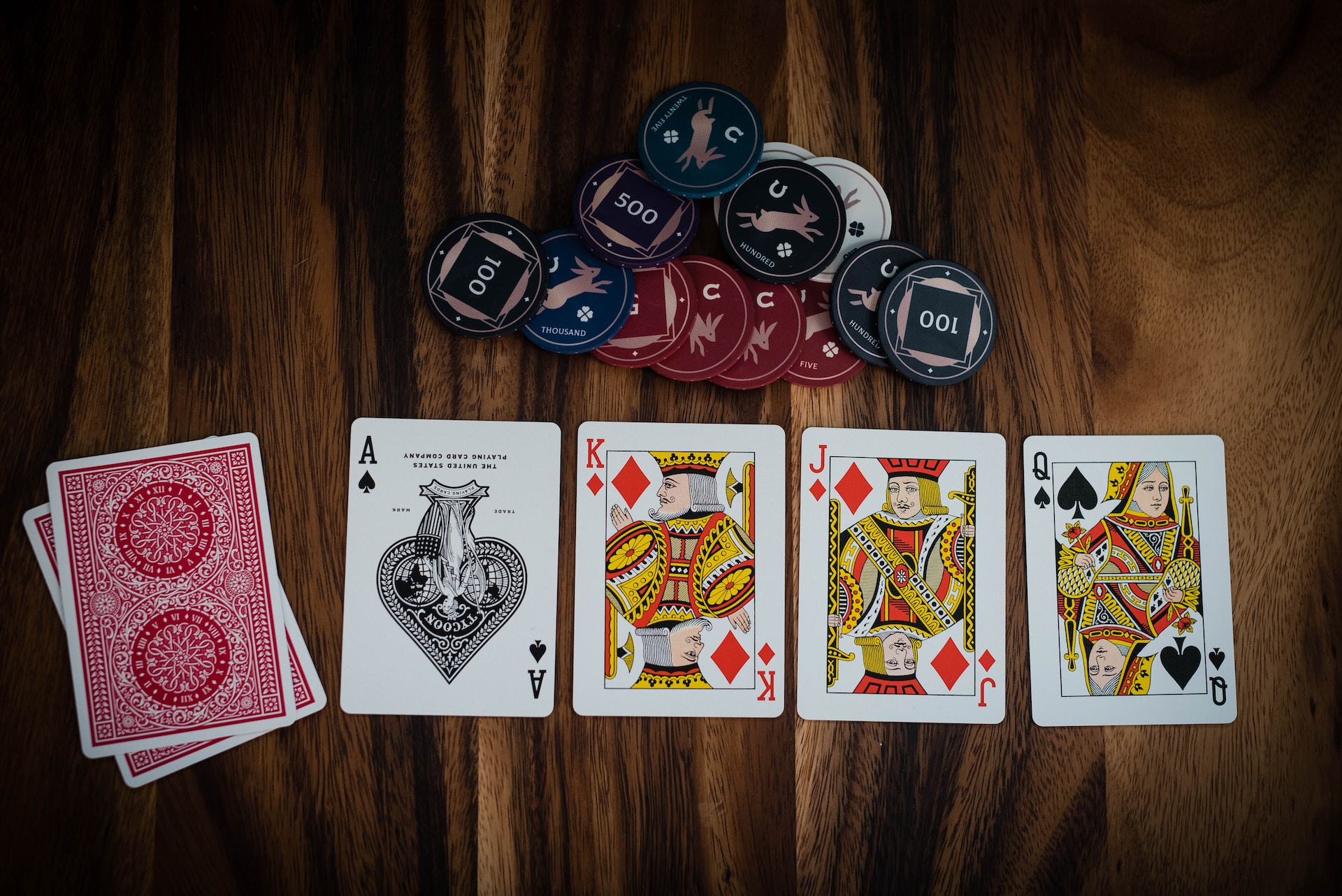The worlds of gaming and gambling often intersect, leading many to question whether they are simply two sides of the same coin. While they share some similarities, there are also key differences that set them apart. This article will look into the definitions of gaming and gambling, explore their differences and similarities, and discuss the increasing convergence of the two in the digital age.
Contents
Defining Gaming & Gambling
- Gaming typically refers to playing video games, which can range from action and adventure games to sports simulations and puzzle games. These games often involve skill, strategy, and competition against other players.
- Gambling, on the other hand, involves placing bets on uncertain outcomes, often in games of chance like slots, roulette, or blackjack. While some gambling games, like poker, involve a degree of skill, the outcome is largely dependent on luck.
Key Differences
One of the main differences between gaming and gambling lies in the element of skill versus chance. Gaming often involves a higher degree of skill and strategy, with players competing against each other to achieve a certain objective or high score. In contrast, while some gambling games involve skill, the outcome is often largely based on luck.
Another key difference is the nature of the competition. In gaming, players typically compete against each other, whereas in gambling, players are often competing against the house or casino.
The Convergence of Gaming & Gambling
Despite these differences, there is an increasing convergence between gaming and gambling. Many video games now integrate gambling-like elements. For example, loot boxes, which allow players to pay real money for a chance to win virtual items, are a common feature in many games. Casino-themed games, such as online poker and blackjack, are also popular.
Moreover, both activities can involve a level of skill and strategy. For example, in poker, a popular gambling game worldwide, players must use strategy and skill to outwit their opponents. Similarly, in competitive video games, players must develop strategies to overcome their opponents.
It’s also becoming clearer that both activities also have social aspects. In casinos, games like poker involve interaction with other players. Similarly, many video games involve multiplayer modes where players can interact and compete with others. The two worlds are slowly moulding together, and there seems to be no sign of stopping this evolution.
Whether gaming or gambling, it’s important to play responsibly. Both activities can be highly engaging and potentially addictive, so it’s crucial to set limits and ensure that they are enjoyed as forms of entertainment rather than as ways to make money. Moreover, it’s essential to recognise the signs of problematic behaviour and seek help if needed. This could include spending more time or money than intended, chasing losses, or feeling anxious or guilty about gaming or gambling.
Many online platforms offer tools to help manage your activities, such as self-exclusion options, deposit limits, and reality checks. It’s also worth noting that support is available from organisations like GamCare and BeGambleAware. Ultimately, the responsibility of playing responsibly is shared between the individual, the gaming or gambling provider, and the wider community.
Our Final Thought: Gaming & Gambling – Similar but Not the Same
So, while gaming and gambling share some similarities and are increasingly coming together, they are not the same right now. Each offers its own unique experiences and appeals to different types of players.
Whether you’re a gamer, a gambler, or a bit of both, there’s a world of entertainment waiting for you. It’s always wise to search out some of the best of the newcomers in the UK to get connected to the latest games and gambling opportunities, and don’t forget, always play responsibly and enjoy the entertainment for what it is.



